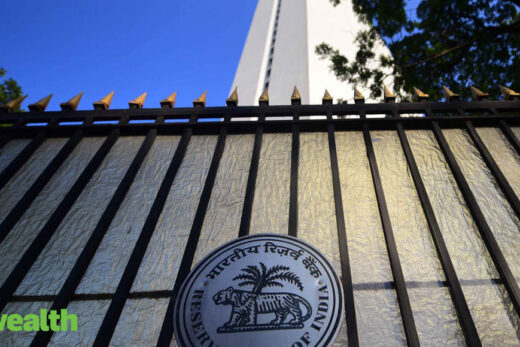The RBI said that it has been brought to its notice via several media reports that banks have cautioned their customers from dealing in cryptocurrencies by making a reference to a circular issued by the banking regulator on April 6, 2018.
“Such references to the above circular by banks/regulated entities are not in order as this circular was set aside by the Hon’ble Supreme Court on March 04, 2020,” the RBI said.
“As such, in view of the order of the Hon’ble Supreme Court, the circular is no longer valid from the date of the Supreme Court judgement, and therefore cannot be cited or quoted from,” it added.
Recently, several large private and public sector lenders have cited the RBI’s 2018 notice to caution customers from dealing in digital currencies and deny certain cryptocurrency exchanges’ services.
WazirX, India’s largest cryptocurrency bourse, has repeatedly faced issues with deposits and withdrawals of customer funds with the exchange’s banking partners throughout this month.
Earlier today, several media houses reported that HDFC Bank, State Bank of India and others have warned their customers that their dealings in cryptocurrencies could result in suspension of their accounts with them.
“This is a very positive development for the whole industry. There was a lot of confusion among banks whether they can service their clients in the industry. This notification makes it clear,” said Nischal Shetty, Founder and Chief Executive Officer of WazirX.
Shetty also said that WazirX should now be able to bring back all its banking related services pretty quickly.
The RBI, however, asked banks and other regulated entities to continue to carry out customer due diligence processes in line with regulations governing standards for Know Your Customer, Anti-Money Laundering, Combating of Financing of Terrorism and obligations of regulated entities under Prevention of Money Laundering Act in addition to ensuring compliance with relevant provisions under Foreign Exchange Management Act for overseas remittances.



